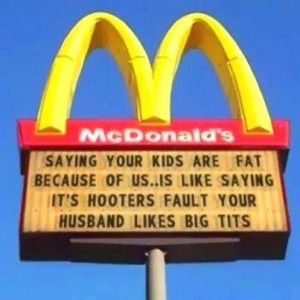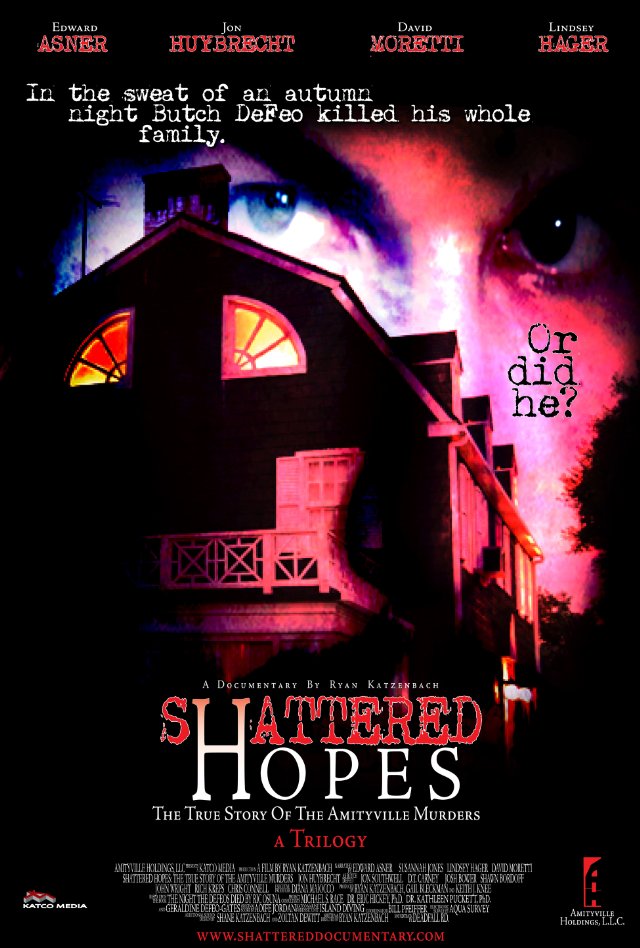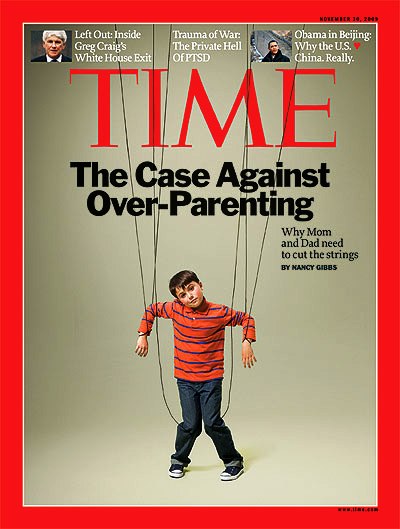A friend is reeling from the death of a grandparent. Outliving your older family members is considered part of the natural order, especially if it’s a grandparent. But if it’s your first taste of death, it’s got to be pretty devastating.
Having experienced more than my share of friends and family dying, I figured a few words are in order.
Mood music:
http://youtu.be/z1yUvdQnERk
I got my first taste of death the hard way, losing my brother Michael when I was 13. I knew of family deaths before him, but I was far removed from them. My grandfather — who I was named for — died some nine months before I was born. My parents wanted to name a child in his honor, and so here I am.
Losing a brother was not the natural order of things, obviously. The grief from my parents wasn’t the normal grief I later came to expect with the passing of grandparents and 70-something uncles. It created dysfunction that haunts the family to this day.
So when my great-grandmother died in 1994 — a few hours shy of my 24th birthday — I thought it would be easier to deal. It was, but it still sucked. Two years later, my other grandfather was gone, followed less than two years after that by my paternal grandmother. By maternal grandmother was gone a few years later. In between all that, my best friend died, followed a few years later my another friend.
I’ve learned a few things from all that death. I hope the following takeaways will be helpful to my friend:
1.) Let it suck. Don’t be a hero. If you’re feeling the pain from losing your grandmother, let it out. You don’t have to do it in front of people. Go in a room by yourself and let the waterworks flow if you have to. Don’t worry about trying to keep a manly face around people. You don’t have to pretend you’re A-OK for the sake of others in the room.
2. Don’t forget the gratitude. When someone dies, it’s easy to get lost in your own grief. There’s even a self pity reflex that kicks in. Try to take the time to remember how awesome your loved one was. Share the most amusing memories and have some laughs. The deceased would love that. And you’ll feel more at peace when you remember a life that was lived well.
3. Take a moment to appreciate what’s STILL around you. Your girlfriend. Your friends. If the death you just suffered should teach you anything, it’s that you never know how long the other loves of your life will be around. Don’t waste the time you have with them, and, for goodness sake:
4. Don’t sit around looking at people you love and worrying yourself into an anxiety attack over the fact that God could take them from you at any moment. God holds all the cards, so it’s pointless to even think about it. Just be there for people, and let them be there for you.
5. Take care of yourself. You can comfort yourself with all the drugs, alcohol, sex and food there is to have. But take it from me, giving in to addictions is nothing but slow suicide. You can’t move past grief and see the beauty of what’s left if you’re too busy trying to kill yourself. True, I learned a ton about the beauty of life from having been an addict, but that doesn’t mean I’d ever wish that experience on others. If there’s a better way to cope, do that instead.
6. Embrace things that are bigger than you. Nothing has helped me get past grief more than doing service to others. It sounds like so much bullshit, but it’s not. When I’m helping out in the church food pantry or going to Overeater’s Anonymous meetings and guiding addicts who ask for my help, I’m always reminded that my own life could be much worse. Or, to put it another way, I’m reminded how my own life is so much better than I realize or deserve.
This isn’t a science.
It’s just what I’ve learned from my own walk through the valley of darkness.
I’ve learned that life is a gift to be cherished and used wisely.
I’ve also learned that it hurts sometimes.
That’s OK.








